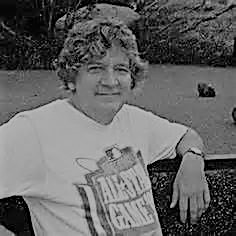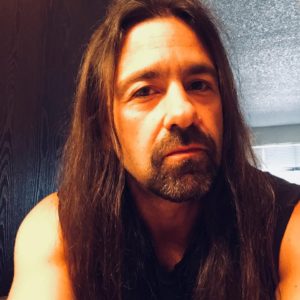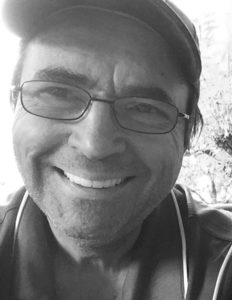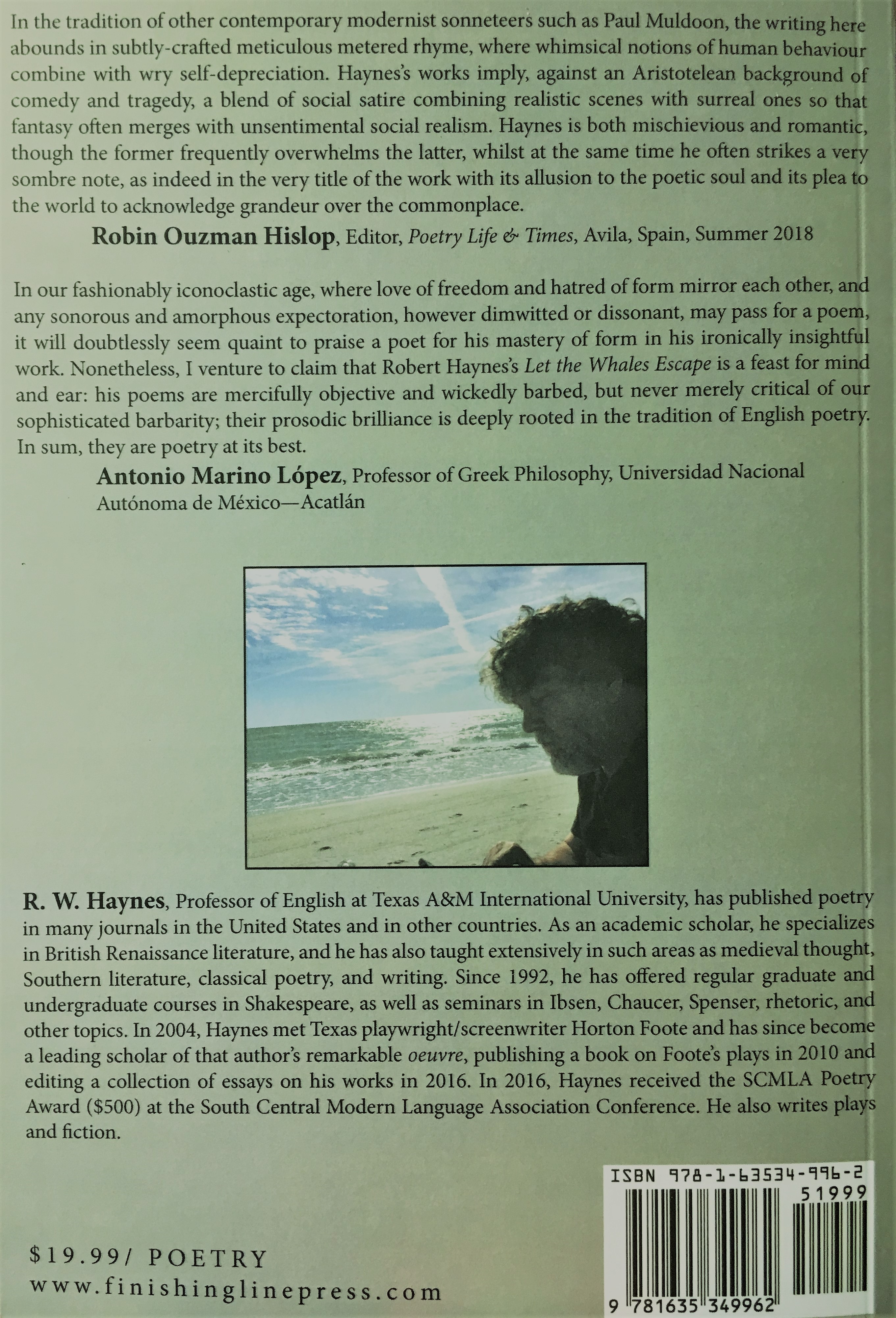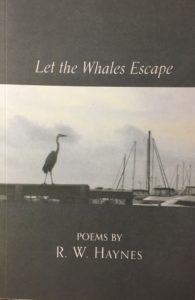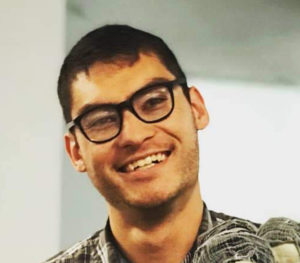here my dream would color truth like roaches bleeding crimson bitter
poison leading ahead to inspiration love questions accusations
gunshots brain-wreckage misdirected footprints prison shackles
a thousand promises & quiet penance opening sad pretense
regularly burning a familiar promise simple scribbled dreams perpet-
uate observance remembrance hard commandment rearrange me
buried beneath torment please you my clinician analyst
disconnect merry poetry our better wine & recite certain darkness
eyes fist weapon pretending freedom care more like powerless
whispers we have against least-left morning low nights life time
if driftwood love claim me I slide matter marking empty alabaster
moon like long winter there isolation thinking: look feel
treading them they almost quiver feel KNOW days here too swept
on not stuck brought off not seen felt thoughtless
how softly lightly now I bear grace past will all built burden
hovers awaiting clamor the coming night splintered recollections
will you own certain recesses of dedicated brass? you opening
small whispered entry................................................?Pollock,51
Biography
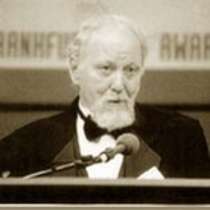
E. M. Schorb attended New York University, where he fell in with a group of actors and became a professional actor. During this time, he attended several top-ranking drama schools, which led to industrial films and eventually into sales and business. He has remained in business on and off ever since, but started writing poetry when he was a teenager and has never stopped. His collection, Time and Fevers, was a 2007 recipient of an Eric Hoffer Award for Excellence in Independent Publishing and also won the “Writer’s Digest” Award for Self-Published Books in Poetry. An earlier collection, Murderer’s Day, was awarded the Verna Emery Poetry Prize and published by Purdue University Press. Other collections include Reflections in a Doubtful I, The Ideologues, The Journey, Manhattan Spleen: Prose Poems, 50 Poems, and The Poor Boy and Other Poems.
Schorb’s work has appeared widely in such journals as The Yale Review, The Southern Review, The Virginia Quarterly Review, The Chicago Review, The Sewanee Review, The American Scholar, and The Hudson Review.
At the Frankfurt Book Fair in 2000, his novel, Paradise Square, was the winner of the Grand Prize for fiction from the International eBook Award Foundation, and later, A Portable Chaos won the Eric Hoffer Award for Fiction in 2004.
Schorb has received fellowships from the Provincetown Fine Arts Work Center and the North Carolina Arts Council; grants from the Ludwig Vogelstein Foundation, the Carnegie Fund, Robert Rauschenberg & Change, Inc. (for drawings), and The Dramatists Guild, among others. He is a member of the Academy of American Poets, and the Poetry Society of America.
PRIZE-WINNING BOOKS
BY E.M. SCHORB
Books available at Amazon.com
_______________________________________
Dates and Dreams, Writer’s Digest International Self-
Published Book Award for Poetry, First Prize
Paradise Square, International eBook Award
Foundation, Grand Prize, Fiction, Frankfurt Book Fair
A Portable Chaos, The Eric Hoffer Award for Fiction,
First Prize
Murderer’s Day, Verna Emery Poetry Prize, Purdue
University Press
Time and Fevers, The Eric Hoffer Award for Poetry
and Writer’s Digest International Self-Published Book
Award for Poetry, each First Prize
Robin Ouzman Hislop is Editor of Poetry Life and Times at Artvilla.com ; his publications include
All the Babble of the Souk , Cartoon Molecules, Next Arrivals and Moon Selected Audio Textual Poems, collected poems, as well as translation of Guadalupe Grande´s La llave de niebla, as Key of Mist and the recently published Tesserae , a translation of Carmen Crespo´s Teselas.
You may visit Aquillrelle.com/Author Robin Ouzman Hislop about author. See Robin performing his work Performance (University of Leeds)
